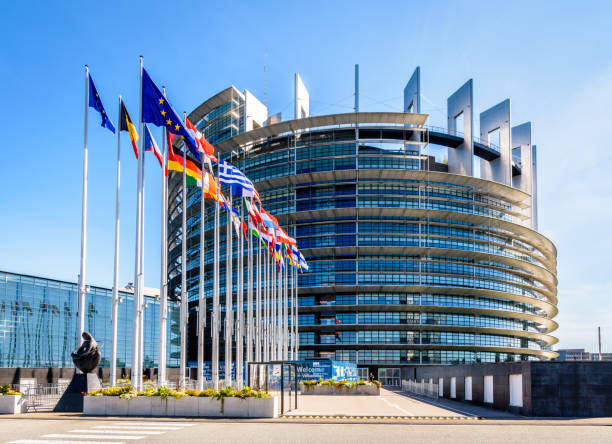
Source Global Times
BEIJING, China--US President Joe Biden will host Southeast Asian leaders for a special summit in late March, the White House announced on Monday. Given the Biden administration's recent release of its Indo-Pacific strategy that is said to rely on partnerships to counter China's growing influence in the region, the summit could be another attempt by Washington to rope in the Association of Southeast Asian Nations (ASEAN) to form a united front against China.
While the Biden administration has been active in strengthening ties with ASEAN since taking office, it doesn't obscure its purpose of using ASEAN as a tool to destabilize the region and contain China.
It is questionable whether they will provide substantial support for the region's development considering that the relationship between the US and ASEAN has lacked the foundation of sufficient economic and trade cooperation. And some of the Biden administration's moves also clearly indicate that US officials are not that interested in strengthening genuine trade ties with the region.
The Biden administration has made it clear that it has no plans to join the Comprehensive and Progressive Trans-Pacific Partnership (CPTPP). While details of the US' Indo-Pacific Economic Framework remain unclear, US media reports already suggested that the framework will not include new market access commitments.
The Biden administration has made it clear that it has no plans to join the Comprehensive and Progressive Trans-Pacific Partnership (CPTPP). While details of the US' Indo-Pacific Economic Framework remain unclear, US media reports already suggested that the framework will not include new market access commitments.
There is also speculation that the US may increase its investment in ASEAN infrastructure. Nonetheless, so far, the US has not taken any concrete measures or even made commitments regarding specific infrastructure cooperation with ASEAN.
If anything, we have no objection to the US joining in cooperation in East Asia, as long as it is not aimed at squeezing China out of regional cooperation. There is no way that the US can separate China from the region by building an economic and security system against China.
Compared with the US' uncertainty in dealing with ASEAN, China has already formed highly integrated economic ties with the bloc. Industrial chain cooperation between China and ASEAN has been growing stronger and stronger.
If anything, we have no objection to the US joining in cooperation in East Asia, as long as it is not aimed at squeezing China out of regional cooperation. There is no way that the US can separate China from the region by building an economic and security system against China.
Compared with the US' uncertainty in dealing with ASEAN, China has already formed highly integrated economic ties with the bloc. Industrial chain cooperation between China and ASEAN has been growing stronger and stronger.
The year 2021 marked the second consecutive year that ASEAN became China's largest trading partner. Despite the impact of the COVID-19 pandemic, bilateral trade totaled $878.2 billion in 2021, up 28.1 percent year-on-year.
The Regional Comprehensive Economic Partnership (RCEP) signed among China, ASEAN members and four other countries took effect at the beginning of this year, and is expected to provide an unparalleled boost to the long-term growth of regional trade cooperation.
Moreover, China and ASEAN also announced in November 2021 plans to start building a China-ASEAN Free Trade Area 'version 3.0' to further enhance the trade and investment liberalization and facilitation. The China-ASEAN FTA was first launched on January 1, 2010, with an updated version 2.0 rolled out in 2019.
At present, China's major task when it comes to ASEAN cooperation is how to further strengthen cooperation under the RCEP framework, while actively promoting the upgrade of the free trade area between the two sides.
The Regional Comprehensive Economic Partnership (RCEP) signed among China, ASEAN members and four other countries took effect at the beginning of this year, and is expected to provide an unparalleled boost to the long-term growth of regional trade cooperation.
Moreover, China and ASEAN also announced in November 2021 plans to start building a China-ASEAN Free Trade Area 'version 3.0' to further enhance the trade and investment liberalization and facilitation. The China-ASEAN FTA was first launched on January 1, 2010, with an updated version 2.0 rolled out in 2019.
At present, China's major task when it comes to ASEAN cooperation is how to further strengthen cooperation under the RCEP framework, while actively promoting the upgrade of the free trade area between the two sides.
It is important to note that China needs to work toward extending domestic industrial chains and supply chains to ASEAN countries so as to further strengthen economic links with ASEAN. As China moves steadily forward with its own policies, the US' ill-considered attempt to contain China is doomed to be futile.








0 Comments
LEAVE A REPLY
Your email address will not be published